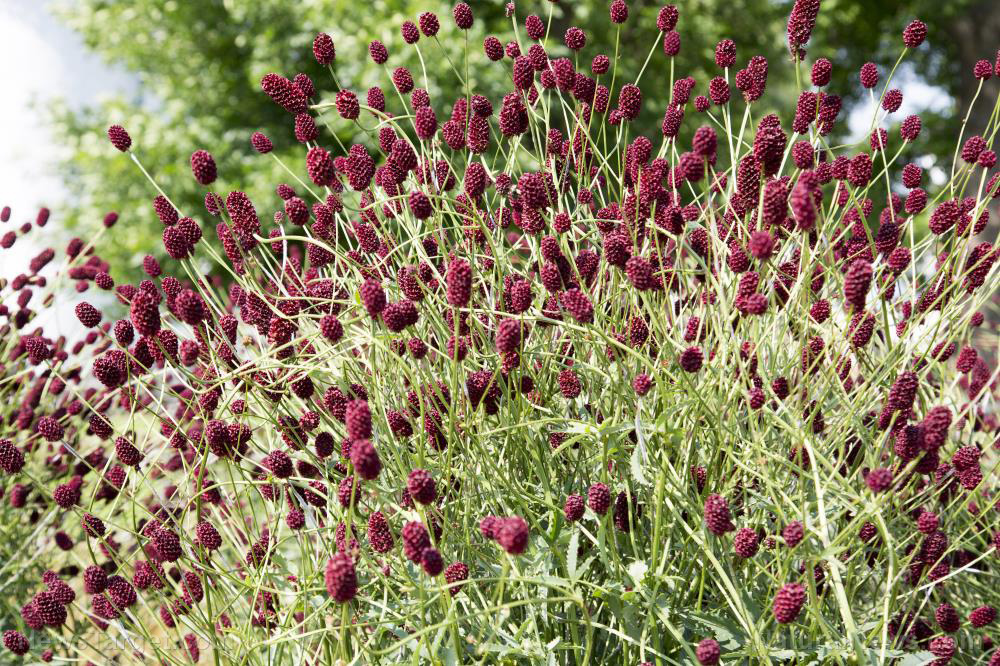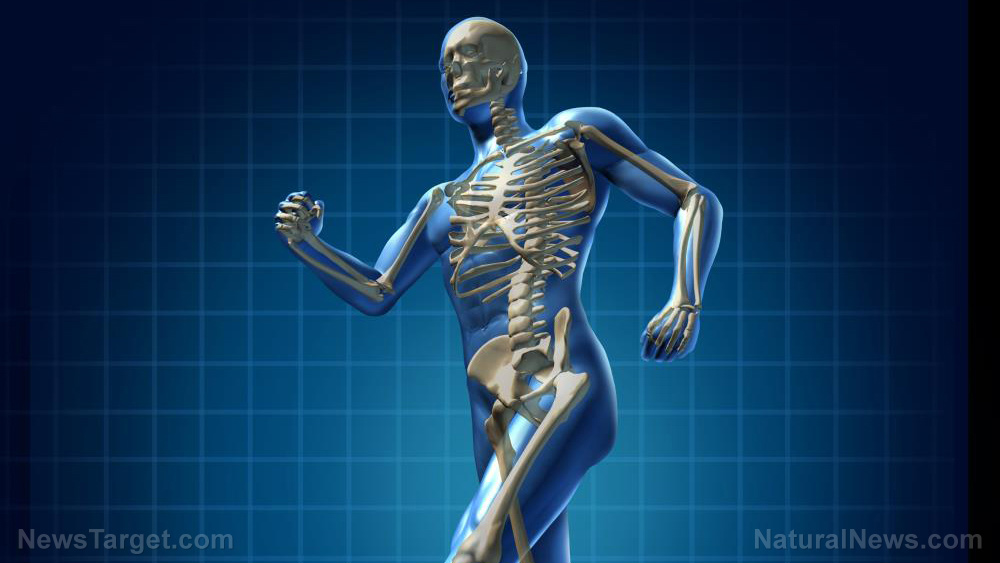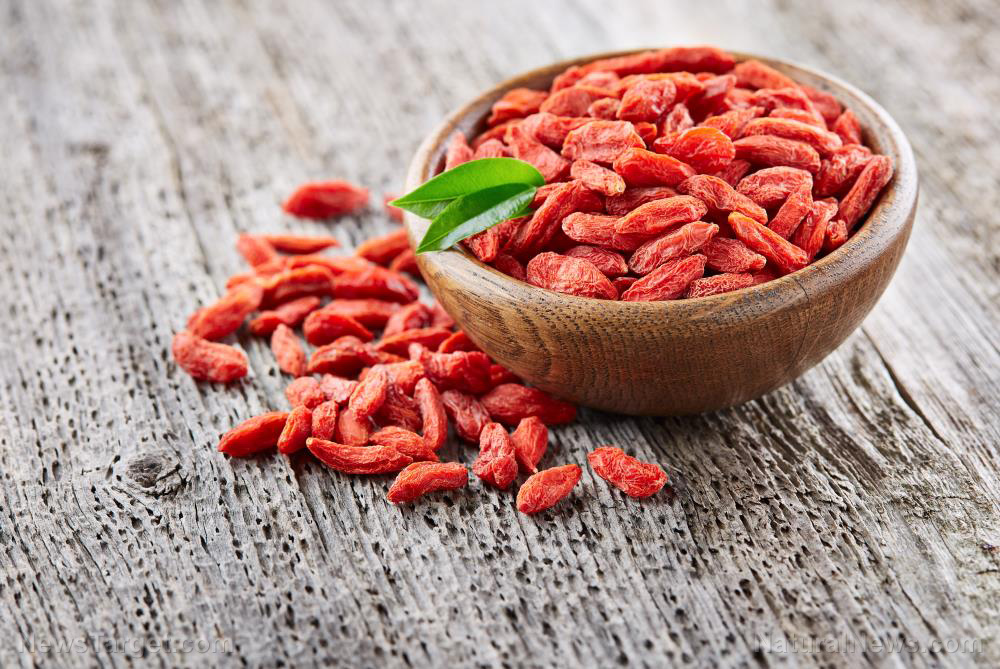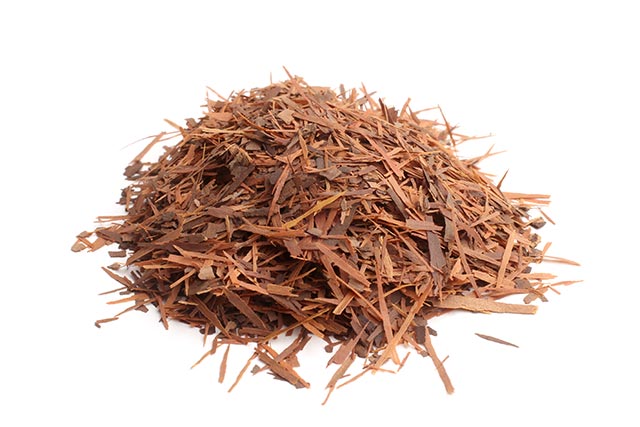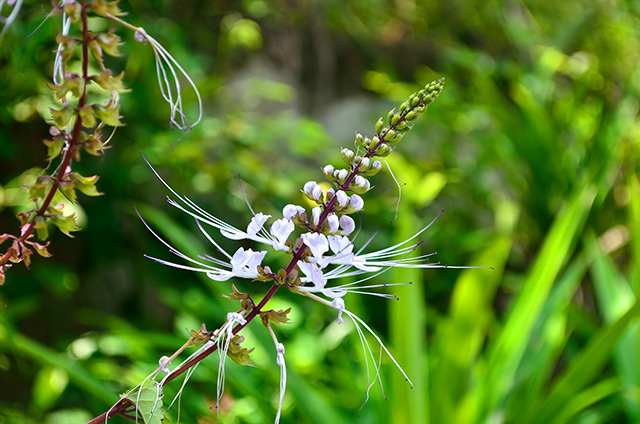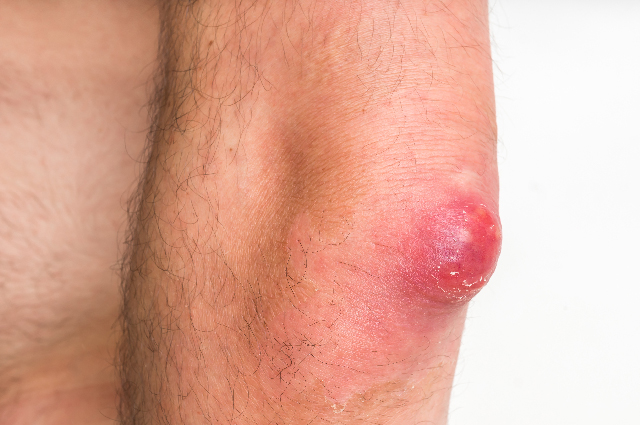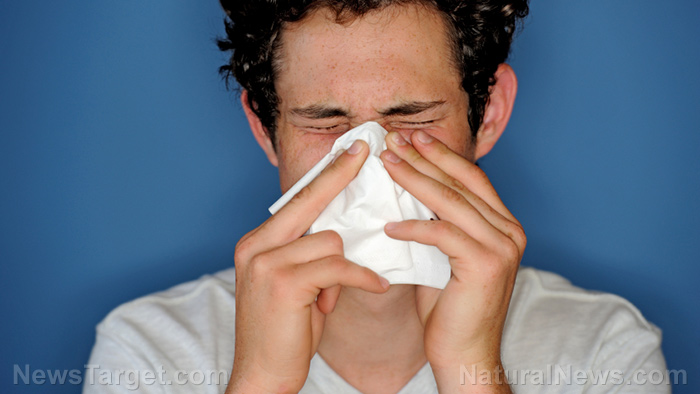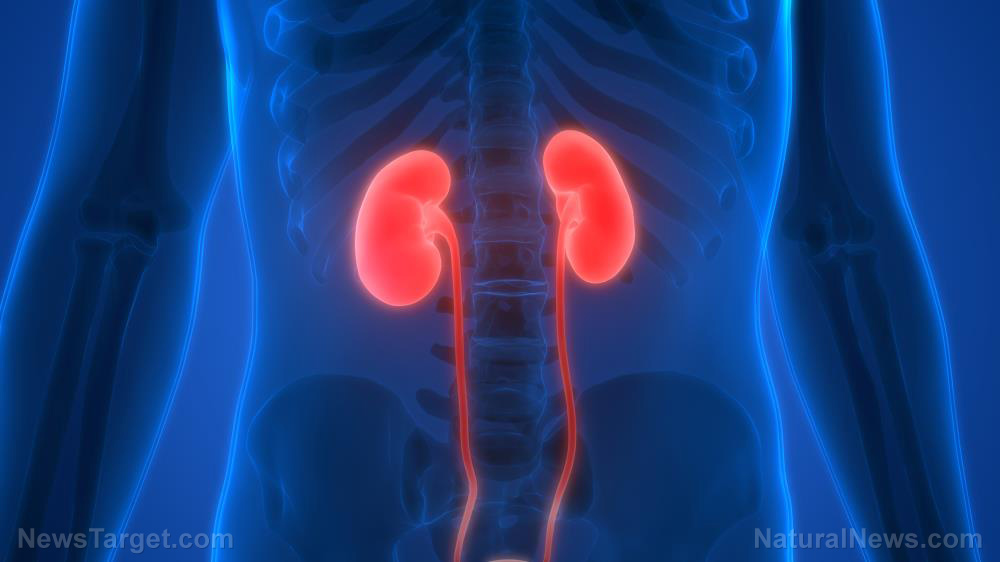Clinical trials show that acupuncture is an effective treatment for asthma
08/27/2018 / By Zoey Sky

According to a review, patients with asthma may soon find relief thanks to a form of alternative medicine called acupuncture.
The paper reviewed several clinical trials and outcome studies concerning cases that used acupuncture to treat asthma. It is of note that none of the trials had a large sample size. The authors also encountered problems often faced by researchers involved in acupuncture trials: defining what comprises appropriate treatment and a suitable “control.”
The outcome studies found a way around some of these issues; however, several of them lacked lack rigor or an accurate description of measurements used.
Acupuncture is an alternative form of medical treatment that involves inserting very thin needles through a patient’s skin to target specific points on the body and at different depths. Research posits that acupuncture may help relieve pain, and the treatment is used for different kinds of complaints.
There are those who believe that acupuncture works by balancing life/vital energy, while others think that the treatment has a neurological effect. (Related: Large-scale survey concludes that traditional Chinese medicine can be used to remedy infantile cerebral palsy.)
The Evidence Series of Briefing Papers aims to provide a review of the key papers in the literature, which provide evidence of the effectiveness of acupuncture in the treatment of certain health conditions. This series of briefing papers will present, discuss, and critically evaluate the evidence.
How the study was done
At least 10 percent of people in the U.K. have asthma, and reports of the disease and resulting mortality are increasing.
No single definition of “asthma” exists, but according to J. Howell, asthma has three elements:
- Reversible airways obstruction with episodic attacks of breathlessness and wheezing
- Responsiveness to asthma medication (e.g., cromoglycate and/or corticosteroids)
- Bronchial hypersensitiveness
However, in practice, none of these elements can provide a definitive way of distinguishing asthma from other breathing problems. Patients with asthma are defined as individuals with “reversible airways obstruction and/or clear responsiveness to asthma medication.”
Managing the condition usually requires the regular use of medication on a prophylactic basis while severe attacks may require hospitalization. Serious asthma attacks may also result in death.
Asthma is linked to high economic and personal costs. G.T. Lewith and A.D. Watkins posit that asthma costs the National Health Service (NHS) around £400 million yearly; the Department of Social Security, £60 million (via sickness benefits); and the economy overall (via lost productivity), £350 million.
The study authors used the Acupuncture Research Resource Centre (ARRCBASE) to search for the clinical trials and outcome studies referenced in the review. The researchers searched various articles from the British Library’s Allied and Complementary Medicine Database (AMED) and the US MEDLINE using the terms “acupuncture,” “asthma,” and “breathlessness.”
One the search was done, the authors found 61 references, with 22 more taken from citations in these papers.
Some papers were excluded because:
- There was no English translation
- The paper was unobtainable from the British Library
- The paper wasn’t focused on presenting or reviewing clinical evidence
- The study involved other therapies aside from acupuncture or didn’t involve needles.
The papers referenced in the review were separated into three categories:
- Reviews – Only reviews published after 1990 were included since earlier publications would have been superseded.
- Descriptions of a randomized controlled trial (RCT) – Some RCTs were excluded on the grounds of their weak methodology. Trials from before 1990 followed a system of evaluating methodological quality, determined by J. Kleijnen and his fellow researchers, that was used to exclude trials that scored below 40. Trials since 1990 were included only if they were fully randomized.
- Descriptions of an outcome study – Outcome studies were included if they involved sample sizes significantly larger than the RCTs.
The papers finally selected for the study included six reviews, 11 controlled trials, and four outcome studies.
Study findings
For the paper, the authors reviewed trials that properly referenced methodological terms and trials that had outcome studies with rather large samples. The trials were classified into two groups. The first treated patients as part of normal clinical management while the second group treated patients who experienced an induced asthma attack.
Findings from the first group were inconsistent, especially concerning objective measurements for lung function. But they also provided proof that acupuncture can help improve the patients’ “subjective experience of their symptoms, reduce their use of medication, and improve immunological parameters.”
The second group, which involved a smaller number of trials of induced asthma, was more consistently positive. Most of the trials were lacking a rationale for the acupuncture points used while few were linked to the way acupuncture is practiced by British Acupuncture Council members.
The outcome studies provided an overall positive picture of the diagnostic criteria utilized, and it revealed more consistently positive results than the trials. However, the methodology of the former was often weak.
The paper concluded with a discussion of several issues that must be addressed to develop “clinically relevant and methodologically sound research.”
Read more articles about effective traditional cures for asthma-like acupuncture at AlternativeMedicine.news.
Sources include:
Tagged Under: acupuncture, alternative medicine, asthma, bronchial asthma, Clinical trials, disease prevention, healing, natural cures, natural health, natural remedies, remedies, traditional Chinese medicine





